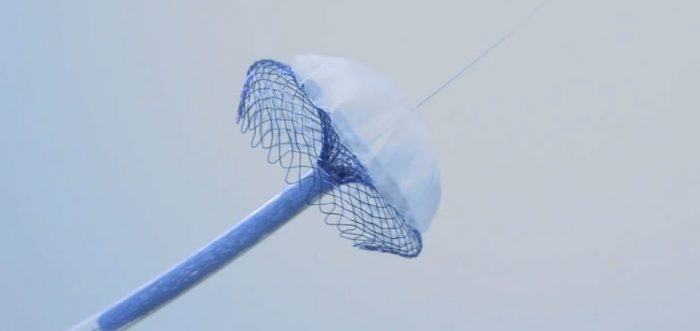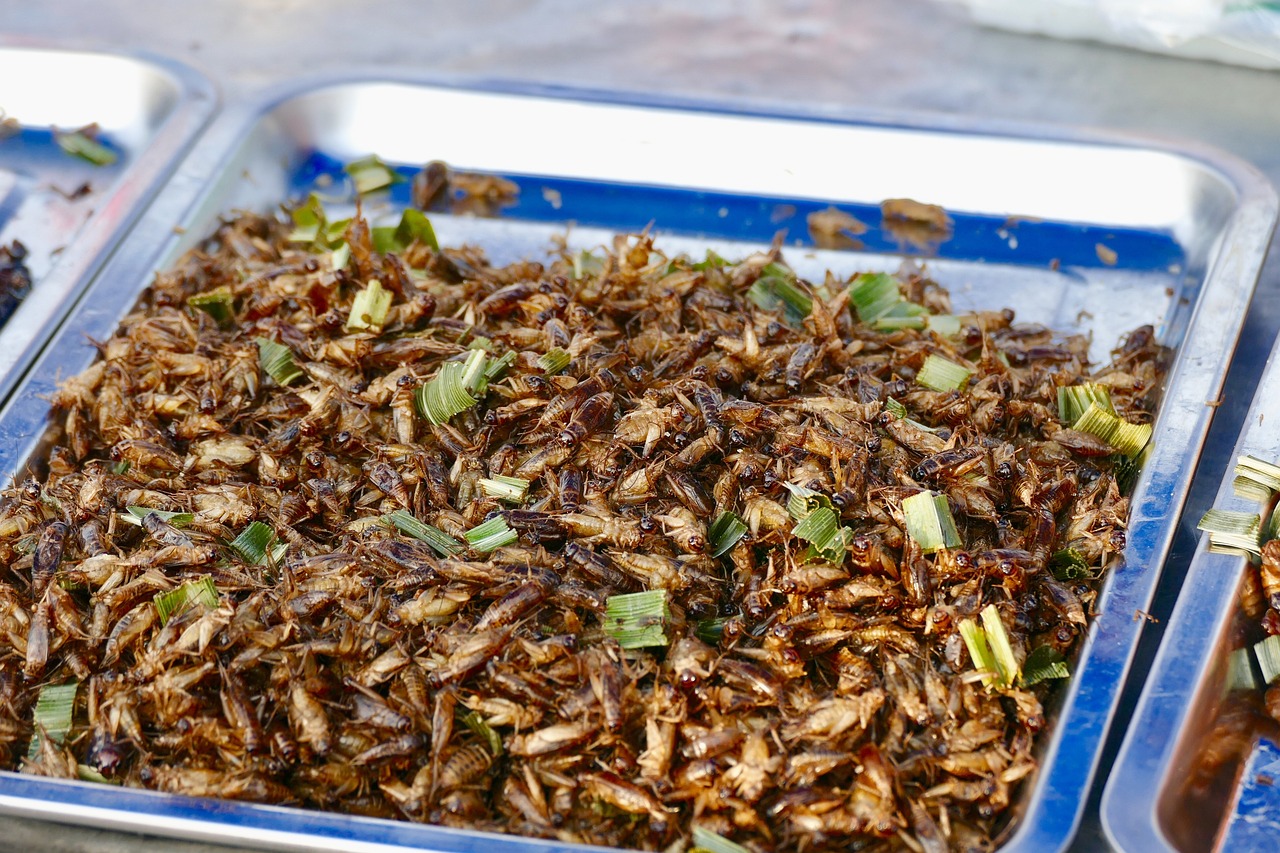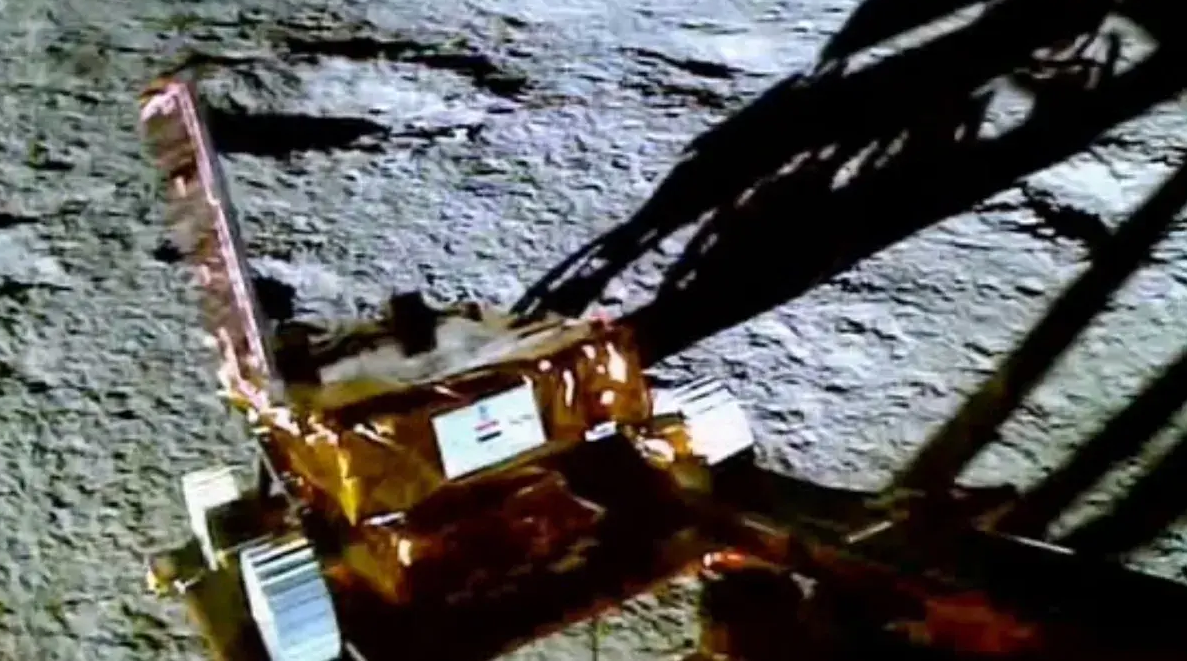The Aymara women of Bolivia have always been weavers, making traditional hats, sweaters, and ruanas (ponchos) for protection from the cold Andean highlands. Now their expertise is called upon to fashion intricate medical devices to heal children’s damaged hearts.
The air is thin in the high Andes mountains, and it is not uncommon for children to be born with a hole in the heart. But, a lack of specialized medical facilities and the intricacy required for the tiny sized device that seals it, make treatment a remote possibility. Now, these weavers have solved the problem by weaving customized “occluders” to fill the hole.
The condition, known as “patent ductus arteriosis” (PDA), occurs when the blood vessel that allows the fetus to get oxygen from the mother, instead of its own lungs, fails to close after birth as normal. This leaves a hole in the heart that can result in shortness of breath and physical exhaustion.
The conventional remedy for the congenital condition for adults who suffer is to fill the hole with an occluder. They are generally made on an industrial scale and have the shape of a top hat. But a tiny device for an infant requires a more specialized construction.
Cardiologist Franz Freudenthal designed the intricate “Nit Occlud” to serve this specific need. He set up a clinic in the Bolivian capitol, La Paz. Then he gathered a group of Aymara weavers to create the tiny plugs, which have saved hundreds of children so far.
Each device takes about two hours for the weaver to construct from a strand of elasticized nickel-titanium alloy typically used in military applications. It’s a perfect collaboration between ancient cultural artisans and modern high-tech processes.
One cultural obstacle that the tiny device overcomes is the need for heart surgery, considered by some to be a desecration of the soul. The Nit Occlud can be inserted via a minimally invasive catheter through the groin. After traveling through the blood vessel to the precise location, it unfolds, “remembering” its original shape.
With the success of the project in Bolivia, the Nit Occlud is now in demand and being shipped around the world, where it can heal the holes in many more tiny hearts.






